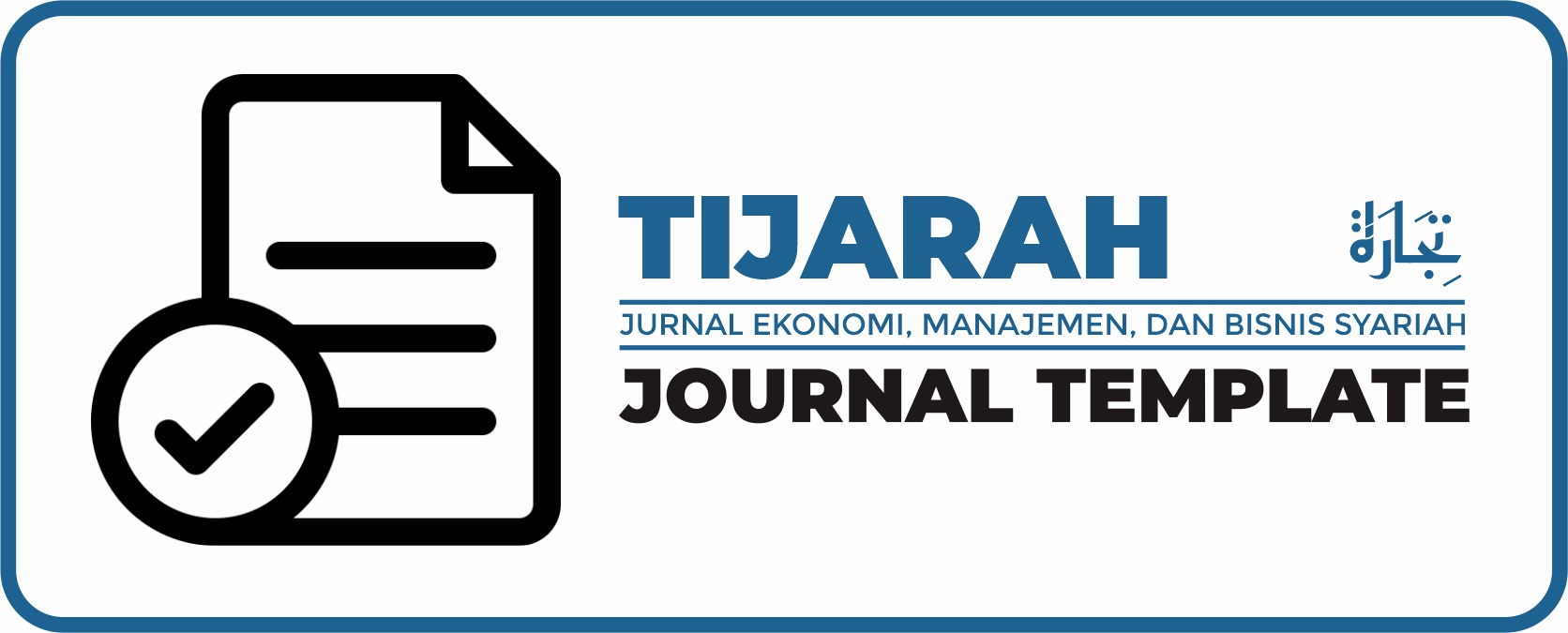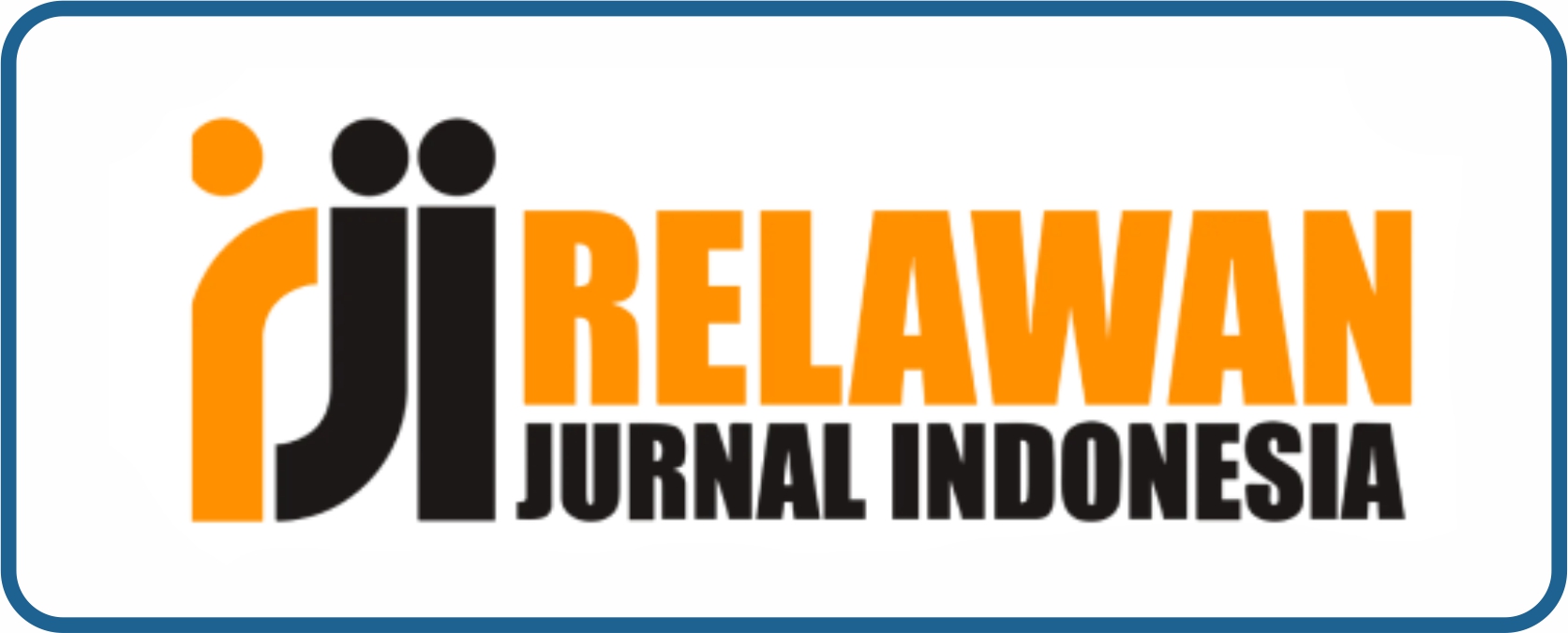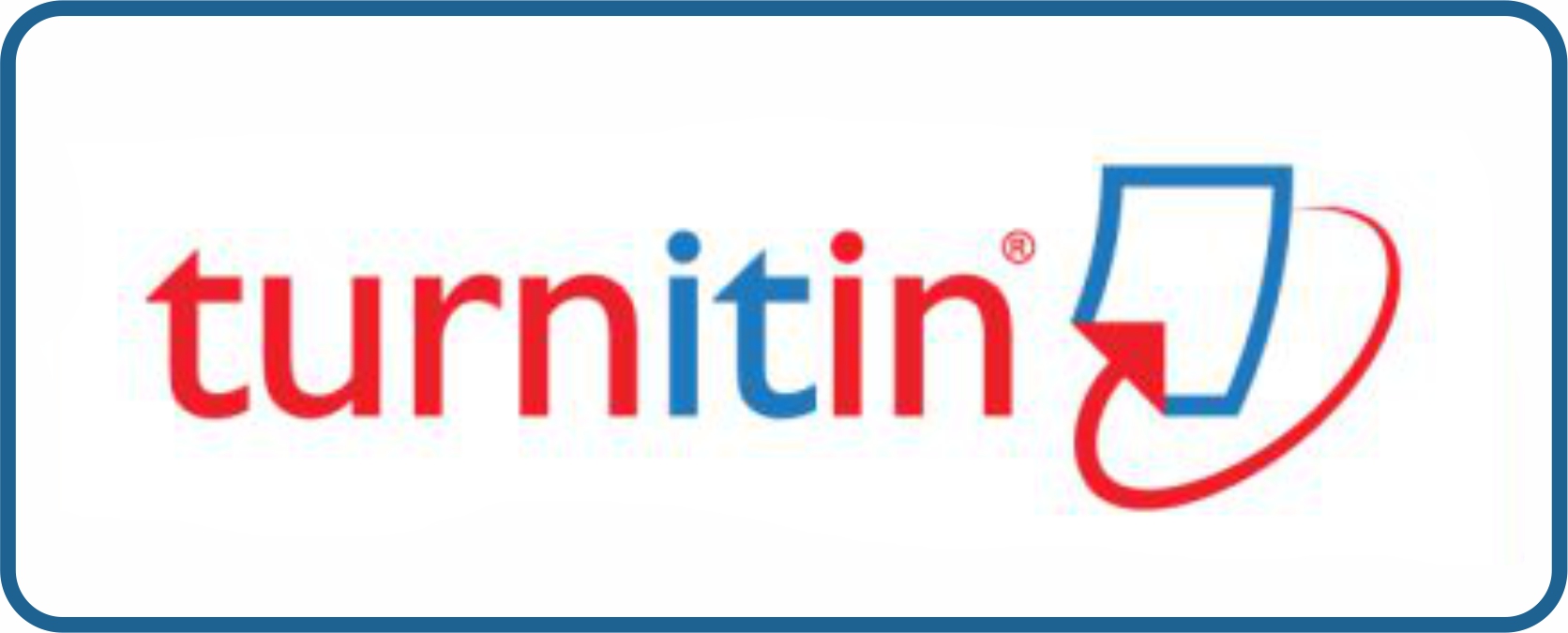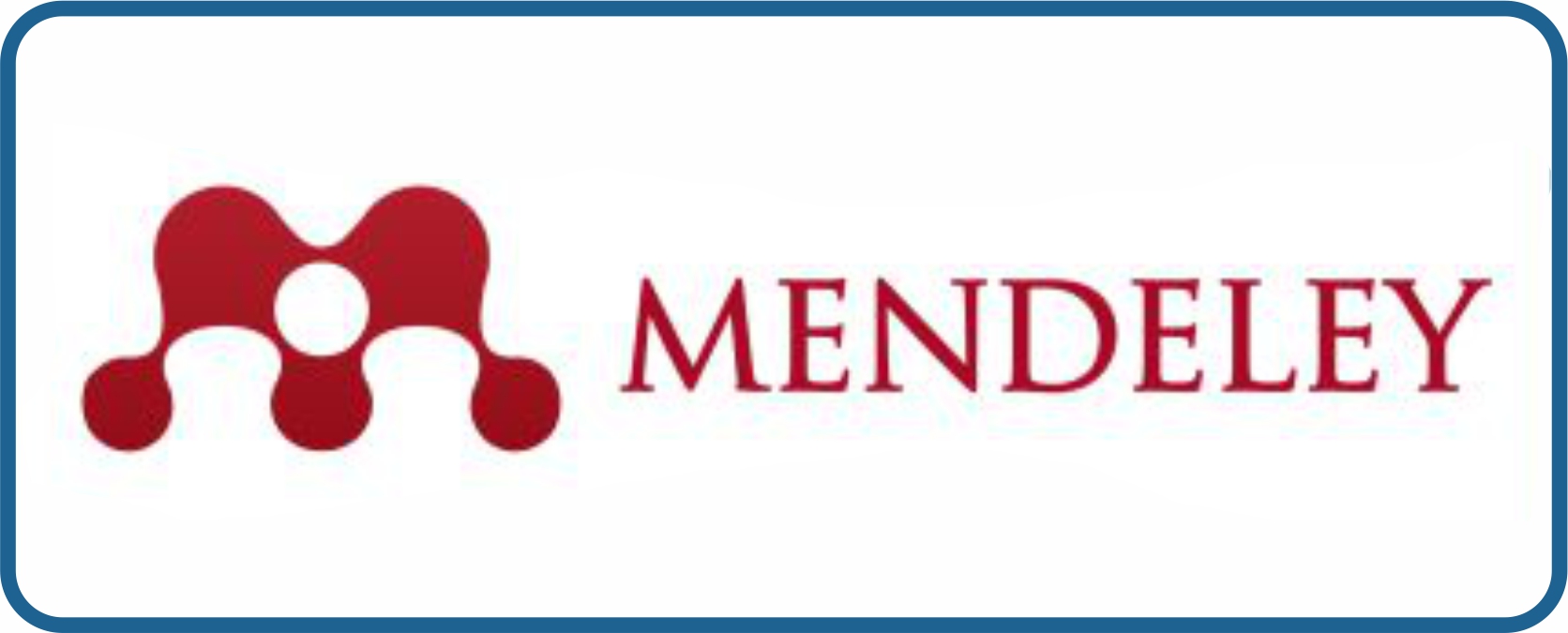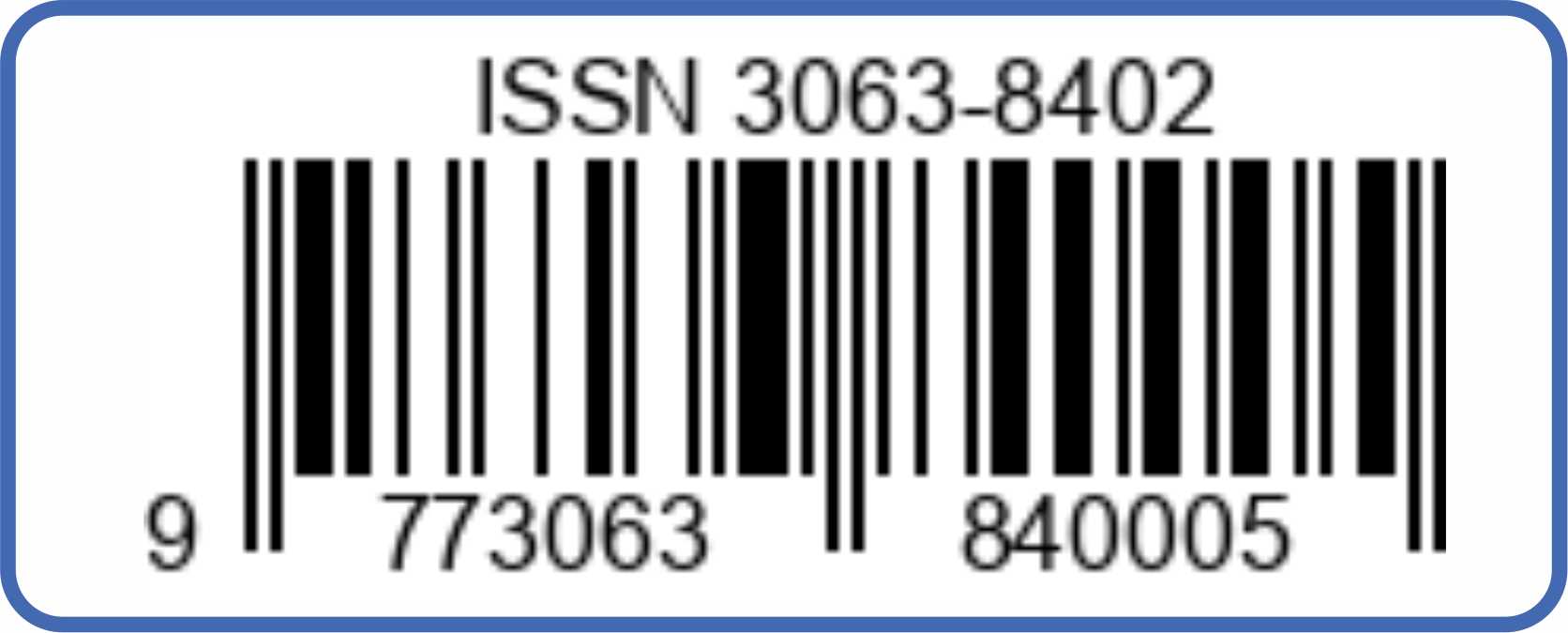Strategi Terpadu Penguatan Industri Makanan Halal di Indonesia: Daya Saing, Keberlanjutan, dan Penetrasi Pasar Global
Integrated Strategy for Strengthening the Halal Food Industry in Indonesia: Competitiveness, Sustainability and Global Market Penetration
Keywords:
halal food industry, strategy, competitiveness, halal policy, IndonesiaAbstract
The halal food industry constitutes one of the strategic sectors with a significant contribution to both the global and national economy. Indonesia’s vast potential, as the country with the world’s largest Muslim population, necessitates well-directed and sustainable strengthening strategies to position the nation as a global hub for the halal industry. This study aims to analyze an integrated strategy for strengthening Indonesia’s halal food industry. The research employs a literature review method, drawing on academic publications, industry reports, and policy documents. The findings reveal four interrelated strategic pillars to enhance the halal food industry in Indonesia: (1) improving productivity and competitiveness, (2) implementing and reinforcing policies and regulations, (3) strengthening finance and infrastructure, and (4) enhancing halal branding and public awareness. Productivity improvements encompass reinforcing the halal value chain, developing competent human resources, empowering business actors including MSMEs and Islamic boarding schools (pesantren), and promoting research and innovation. Policy and regulatory strengthening focus on harmonizing halal standards with international benchmarks and fostering a conducive business climate. Financial and infrastructural support provides a solid foundation for sustainable growth, while strengthening halal branding and awareness shapes market preferences and expands global reach. Consistent implementation of these strategies has the potential to significantly increase the sector’s contribution to GDP, create employment opportunities, and boost exports of halal products.
Downloads
References
Agustianti, R., Nussifera, L., Angelianawati, L., Meliana, I., Sidik, E. A., Nurlaila, Q., Simarmata, N., Himawan, I. S., Pawan, E., & Ikhram, F. (2022). Metode Penelitian Kuantitatif Dan Kualitatif. Tohar Media.
Andriani, A. (2023). Manajemen Rantai Pasok Dan Proyeksi Sertifikasi Halal Pedagang Daging Ayam Kota Kediri. Bisnis Jurnal Bisnis Dan Manajemen Islam, 11(1), 51. https://doi.org/10.21043/bisnis.v11i1.19965
Azwar, A., & Aqbar, K. (2024). Strategi Penguatan Industri Halal di Indonesia: Analisis SWOT. AL-KHIYAR: Jurnal Bidang Muamalah Dan Ekonomi Islam, 4(1), 47–71.
Charisma, D. (2022). Potret Kinerja Bank Syariah Indonesia (Bsi) Dalam Mengembangkan Industri Halal Di Indonesia. Adbispreneur, 6(3), 259. https://doi.org/10.24198/adbispreneur.v6i3.34962
DinarStandard. (2025). State of the Global Islamic Economy Report 2024/25. https://salaamgateway.com/specialcoverage/SGIE24
Fathoni, M. A. (2020). Potret Industri Halal Indonesia: Peluang dan Tantangan. Jurnal Ilmiah Ekonomi Islam, 6(3), 428–435. http://publishing-widyagama.ac.id/ejournal-v2/index.php/jma/article/view/247/242.
Febriyani, D., & Elsa, E. (2022). Penguatan UMKM Upaya Peningkatan Industri Halal di Indonesia. Tazkiya, 23(1), 13–22. https://jurnal.uinbanten.ac.id/index.php/tazkiya/article/view/5908.
Fibrianto, K., Wirawan, N. N., Wulan, S. N., Miftachurrochmah, A., Larasati, T., Istianah, H., & Ariza, N. F. (2024). Sosialisasi Dan Pendampingan Sertifikasi Halal Melalui SIHALAL Pada UMK Makanan Minuman Di Desa Wonorejo Kabupaten Malang. Jurnal Abmas Negeri, 5(1), 60–68. https://doi.org/10.36590/jagri.v5i1.844
Ginting, T. T. M., & Mendrofa, A. S. (2025). Akses Permodalan Bagi Wirausaha Muda: Tinjauan Literatur Terhadap Hambatan Dan Solusi. Jurnal Pengembangan Usaha Dan Kewirausahaan, 1(1), 24–29.
Hadi, A. (2023). Implementation of the Law for the Implementation of Halal Product Assurance in the Industrial Revolution. 30–38. https://doi.org/10.2991/978-2-38476-074-9_5
Hakim, M. F., & Sugianto, S. (2024). Studi Library Research: Penguatan Ekosistem Halal Value Chain di Indonesia untuk Industri Halal Global. Jurnal Penelitian Inovatif, 4(4), 2227–2238.
Hasyim, H. (2023). Peluang Dan Tantangan Industri Halal di Indonesia. Ad-Deenar: Jurnal Ekonomi Dan Bisnis Islam, 7(02).
Komite Nasional Ekonomi Keuangan Syariah (KNEKS). (2021). Mastercard-Crescentrating HALAL FOOD LIFESTYLE INDONESIA 2021: Dining and Delivery Markets, Behaviors and Preferences. https://kneks.go.id/storage/upload/1639551152-Halal Food Lifestyle - Indonesia 2021 Report - Final Version 14th December 2021.pdf.
Komite Nasional Ekonomi Keuangan Syariah (KNEKS). (2023). Master Plan Industri Halal Indonesia 2023–2029. https://kneks.go.id/storage/upload/1719104658-Master Plan Industri Halal Indonesia 2023-2029.pdf.
Maisaroh, S., Hilal, S., & Hanif, H. (2022). Pengaruh Orientasi Pasar dan Inovasi Produk Terhadap Kinerja Bisnis UMKM di Provinsi Lampung dengan Halal Supply Chain Sebagai Variabel Moderasi. Jurnal Ilmiah Ekonomi Islam, 8(3), 3442–3458. https://doi.org/http://dx.doi.org/10.29040/jiei.v8i3.6593.
Mubarok, F. K., & Imam, M. K. (2020). Halal Industry in Indonesia; Challenges and Opportunities. Journal of Digital Marketing and Halal Industry, 2(1), 55–64. https://doi.org/10.21580/jdmhi.2020.2.1.5856
Muhamad, M. (2020). Tantangan dan peluang penerapan kebijakan mandatory sertifikasi halal (Studi implementasi UU No. 33 Th. 2014 dan PP No. 31 Th. 2019). Jurnal Ilmu Ekonomi Dan Bisnis Islam, 2(2), 1–26. https://doi.org/https://doi.org/10.24239/jiebi.v2i2.29.1-26.
Nasution, L. Z. (2020). Penguatan Industri Halal bagi Daya Saing Wilayah: Tantangan dan Agenda Kebijakan. Journal of Regional Economics Indonesia (JREI), 1(2), 33–57.
Subagyo, A. (2020). aplikasi metode riset: praktik penelitian kualitatif, kuantitatif & Mix methods. Inteligensia Media.
Tammar, A. (2024). Kebutuhan SDM Industri Halal. Ekonometrika: Jurnal Ilmiah Ekonomi Terapan, 4(3).
Zulfikri, R. R. (2023). Peluang dan Tantangan Pengembangan UMKM Halal di Indonesia. I’THISOM: Jurnal Ekonomi Syariah, 2(1), 20–31. https://ejournal.staialutsmani.ac.id/index.php/ithisom/article/view/40.
Downloads
Published
How to Cite
Issue
Section
License
Copyright (c) 2025 Khaerul Aqbar, Azwar Azwar

This work is licensed under a Creative Commons Attribution-NonCommercial-ShareAlike 4.0 International License.





